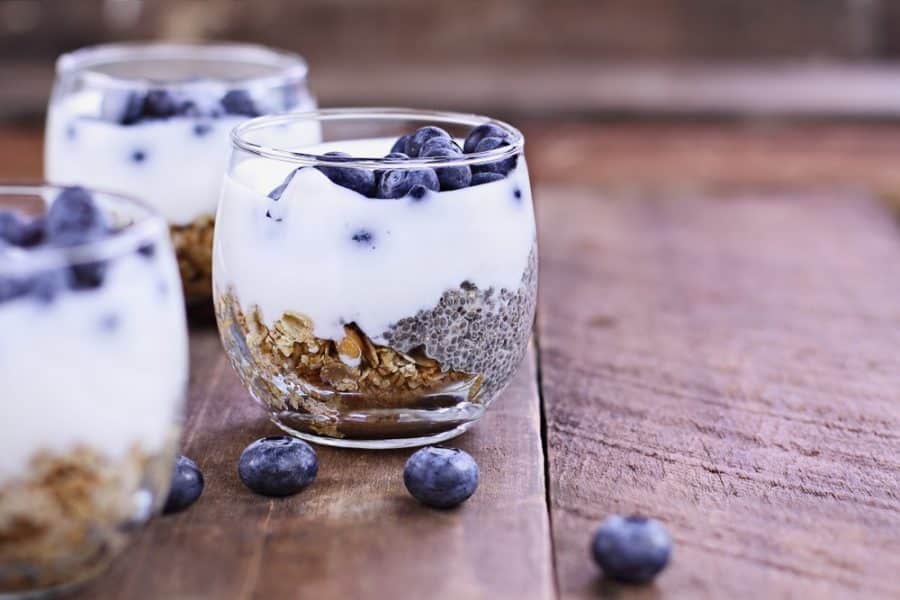The Quest for Bloating Relief
Bloating, a common and often distressing digestive issue, affects a significant portion of the population. This condition, characterized by a sensation of fullness and abdominal distension, can be both uncomfortable and embarrassing. In the search for effective remedies, probiotics have emerged as a potential solution. But the burning question remains: Do probiotics help with bloating?
Decoding Bloating: A Multifaceted Problem
To understand the potential role of probiotics in managing bloating, it's essential to first grasp what bloating is. Bloating can be caused by various factors, including dietary choices, gut motility disorders, and even psychological stress. It's often associated with other gastrointestinal symptoms like gas, discomfort, and irregular bowel movements.
Probiotics: The Gut's Microbial Guardians
Probiotics are live microorganisms that, when consumed in adequate amounts, offer health benefits, particularly for the digestive system. These beneficial bacteria, found in fermented foods and supplements, are celebrated for their role in maintaining and restoring gut health.
The Gut Microbiome's Role in Bloating
The gut microbiome, comprising trillions of microorganisms, plays a vital role in our overall health, particularly in digestion and immune function. An imbalance in this microbiome, known as dysbiosis, has been linked to various digestive issues, including bloating. Probiotics are believed to counteract this by:
- Balancing the Gut Microbiota: Probiotics can help in maintaining a healthy balance of gut bacteria, essential for proper digestion and gas regulation, potentially alleviating bloating.
- Facilitating Digestion: Some probiotic strains aid in breaking down food components that are typically hard to digest, thereby possibly reducing gas production and bloating.
- Strengthening the Immune System: A healthy gut contributes to a robust immune system, which can indirectly benefit digestive health and reduce bloating.
Research Findings: The Probiotics-Bloating Connection
The scientific exploration into the relationship between probiotics and bloating has produced varied findings. Some studies indicate that probiotics can significantly reduce symptoms of bloating, particularly with certain strains like Lactobacillus and Bifidobacterium. However, other research shows little to no impact, underscoring the complexity of gut health and the individualized nature of probiotic effects.
Strain-Specific Responses: A Crucial Factor
The effectiveness of probiotics in managing bloating is not universal; it varies based on the specific strains used. Different probiotic strains have unique impacts on gut health, and their efficacy in alleviating bloating can differ markedly.
Dosage and Duration: Critical Elements in Probiotic Use
The success of probiotics in reducing bloating also hinges on the dosage and duration of their use. Optimal dosages can vary, and consistent use over several weeks or even months may be necessary to observe benefits.
Individual Variability: Customizing Probiotic Interventions
Individual responses to probiotics can differ greatly. Factors such as existing gut microbiota, dietary habits, lifestyle, and overall health status can influence the effectiveness of probiotics in managing bloating.
Beyond Probiotics: A Comprehensive Approach to Gut Health
Managing bloating effectively often requires more than just probiotics. A holistic approach, including dietary changes, stress management, and physical activity, is essential for optimal gut health and bloating relief.
Conclusion: Probiotics as a Potential Ally in Bloating Management
In summary, probiotics present a promising, yet complex, option for managing bloating. Their effectiveness is influenced by various factors, including specific probiotic strains, dosage, individual gut microbiota, and lifestyle habits. Further research is necessary to fully understand their role in bloating relief and to develop personalized probiotic treatments.
For those considering probiotics for bloating, consulting with a healthcare professional is recommended to determine the most suitable approach based on individual health needs and conditions.
Final Advice: Navigating Your Gut Health Path
Embarking on a journey to improve gut health and manage bloating can be challenging. If you're exploring probiotics for bloating, remember that they are part of a broader strategy for maintaining gut health. Collaborating with healthcare professionals can help you create a tailored plan that addresses your specific needs and leads to a healthier, more comfortable life.

